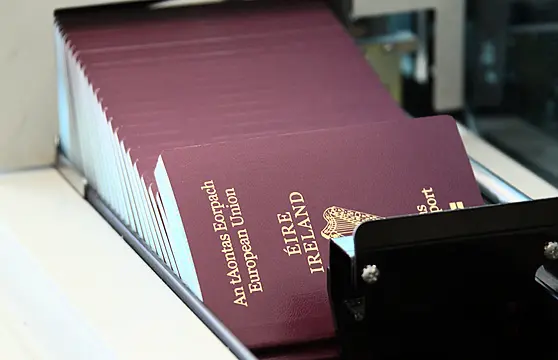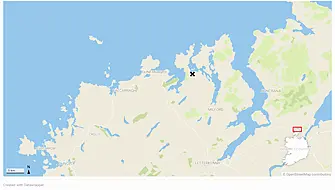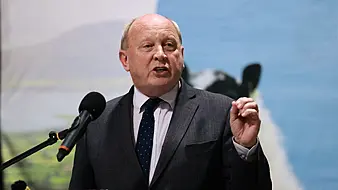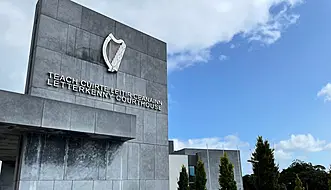The Minister for Foreign Affairs has been ordered by the High Court to make a decision on a passport application for a boy who has two male parents.
The parents were told a parent is "understood to mean either the mother or father of the child or a male adopter".
Mr Justice Max Barrett found the boy is an Irish citizen under our citizenship law following a challenge over a refusal to issue a passport for him by his parents, referred to as Mr A and Mr B.
Married couple
The couple are married and living in England with their son, who was born in the UK under its lawful surrogacy arrangements. There are no laws on surrogacy in Ireland.
The court heard that when he was born, the boy's UK birth certificate was issued which recorded the name of his birth mother and Mr B as the father.
Mr B then applied to the England Family Court for a Parental Order under the UK's Human Fertilisation and Embryology Act 2008, the effect of which they say was to reassign parentage of the child from Mr B and the birth mother to Mr B and Mr A.
Mr A has Irish and UK citizenship while his husband is a UK citizen which meant Mr A was entitled to apply for a passport for his child.
The boy has UK citizenship and his fathers' wish is that they get him an Irish passport.
Application
They applied to the Department of Foreign Affairs and were told in April 2017 that a number of similar applications had been made and that advice was awaited from the Attorney General.
The following July, the Passport Officer wrote to them indicating the Department intended to refuse the application for a passport on the basis that, for the purposes of the Irish Nationality and Citizenship Act 1956 "a parent was understood to mean either the mother or father of the child or a male adopter".
The parents were invited to provide any further information they wished in advance of the decision which they did, as did their solicitors.
It was around a year later, September 2018, before they got a reply in which they were told their further information and submissions were noted but that the Passport Office was "bound by the legislation currently in place".
Further requests from the parents for an actual decision to be made and none was forthcoming. High Court proceedings were then brought seeking an order directing the Minister to make a decision and to issue a passport for the boy. They also sought a declaration of a disproportionate interference with their constitutional and European Convention rights as well as damages for breach of duty.
Time limits
The Minister opposed the application arguing it was brought outside the time limits required by the rules of court.
Mr Justice Barrett granted an order directing the Minister to make a decision.
The judge said it was surprising that the Minister, in circumstances where he had "failed for several years to determine an application and where that failure is ongoing" that he would seek to make an issue of delay.
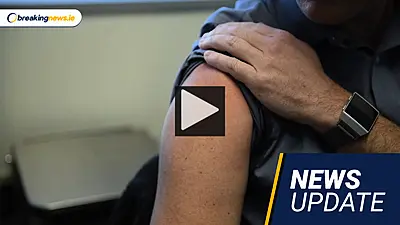
The Minister's contentions in this regard must fail, he said.
He found that because the men were regarded as a matter of UK law to be the parents, following their application to the Family Court there, it followed that Mr A, who has Irish citizenship, is now recognized as the other parent for the purposes of Section 7(1) of the Irish Nationality and Citizenship Act 1956 which means the boy has been an Irish citizen since birth.
The judge directed that a decision on the passport application be made but said it did not seem necessary for the court to direct that the Minister issue the boy a passport. That is because, if the Minister does not appeal the decision, a passport will be issued and if an appeal is lodged then a stay on the court's decision would need to be granted.
The judge said he would hear submissions later in relation to the damages claim and on costs.
